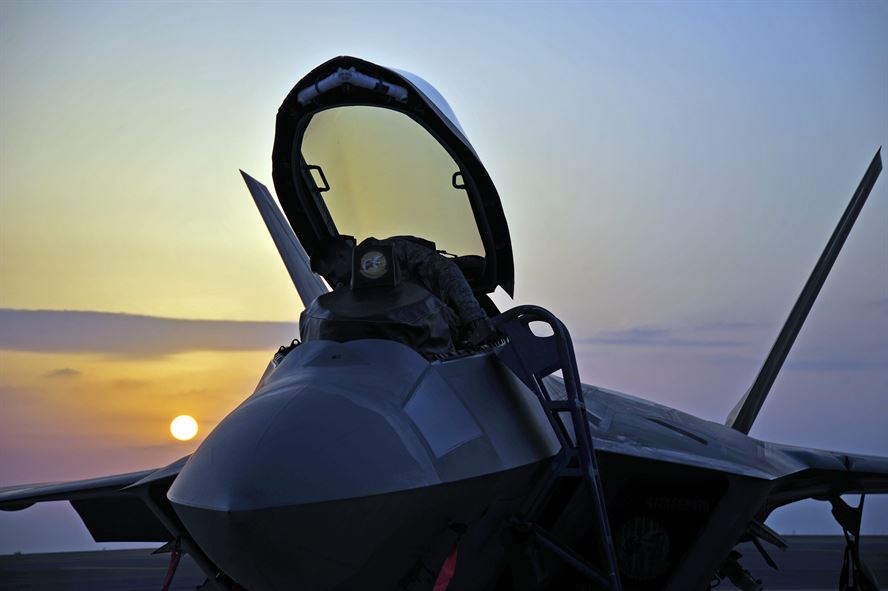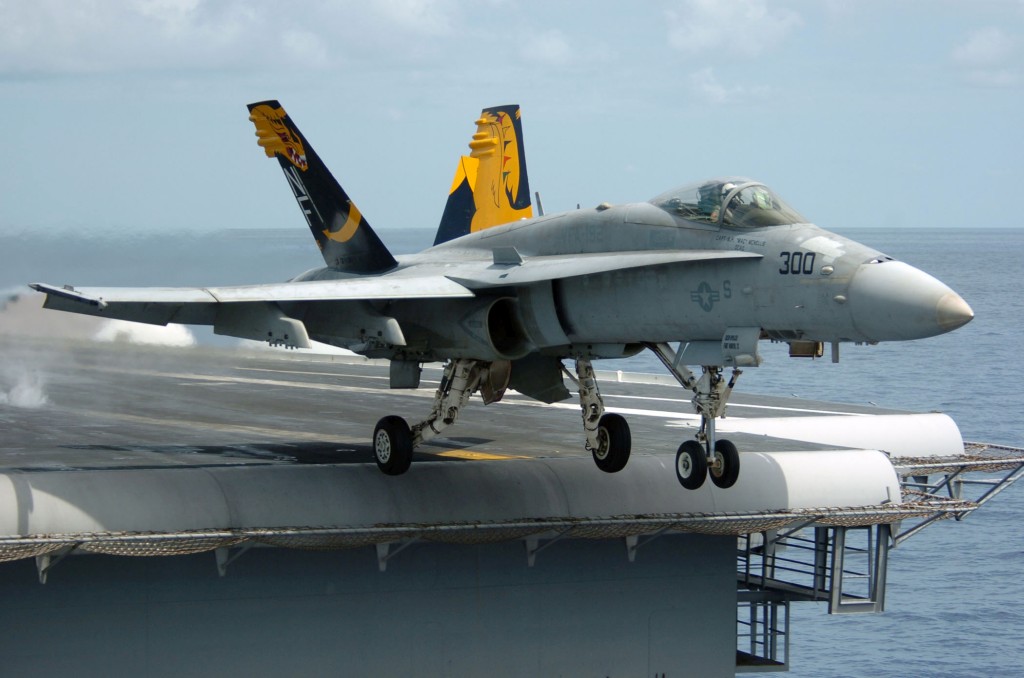The Air Force’s ability to continue building partnerships to meet challenges of future warfare directly involves Airmen and Soldiers who are focused on building partnership capacity throughout the region.
As the result of a bilateral agreement between the U.S. and the United Arab Emirates (UAE), the U.S. Air Forces Central Command (AFCENT) Air Warfare Center (AWC) helps facilitate training that prepares Airmen and Soldiers from throughout the region for coalition operations.
“Our mission is to grow partnerships and interoperability between the UAE, U.S., Gulf Cooperation Council members, and other nations in the region,” said Senior Master Sgt. Timothy Brown, the AFCENT AWC senior enlisted leader. “We do this through multiple venues, such as the Advanced Tactical Leadership Course (ATLC), the UAE Joint Terminal Attack Controller Schoolhouse, and the Integrated Air and Missile Defense Center.”
ATLC is a seven-week course, consisting of two weeks of academics and five weeks of flying, that is designed to train pilots how to become mission commanders. It has garnered prestige in the region, and U.S. participation is of such significant importance that the chief of staff of the Air Force personally approved F-22 Raptors to participate in the most recent course, despite the high demand for sorties supporting Operation Inherent Resolve.
“The student mission commander is expected to plan, coordinate, brief, and lead a large force of coalition members against a complex and credible threat array,” Brown said. “They are ultimately responsible for everything that happens from start to finish – including the debrief, which must address lessons identified from execution.”
A recent graduate of the course, Capt. Christopher Huchingson, from the 968th Expeditionary Airborne Air Control Squadron, experienced firsthand the training involved in ATLC.
“I gained experience, knowledge and confidence on what it takes to lead a team of experts in individual weapons systems,” Huchingson said. “As well as, successfully and sometimes unsuccessfully finding and executing a solution to a tactical problem as one unit.”
Huchingson said he’s already been able to directly apply what he’s learned in the course to his current operations and knows that he will continue to build upon the foundation of experience and knowledge that was laid during ATLC.
The AFCENT AWC has been in the UAE since 2003, and there have been 23 ATLCs held since the first one in 2004. The center is unique in that Congress explicitly grants it Title 22 authorities through the National Defense Authorization Act. Title 22 authority allows the AFCENT AWC to provide security assistance training to foreign nationals.
Training is only one piece of what the AFCENT AWC does during the ATLC and other courses. While the training during the course has had a positive impact on Operation Inherent Resolve mission planning, another factor has held just as much weight.
“Building relationships has been the most significant aspect of what we do here,” Brown said. “In coalition operations, we continually find that relationships matter. We can only move at the speed of trust, and we are proud that our efforts have given regional partners the confidence to participate in coalition operations.”
In particular, the UAE has participated in Operations Enduring Freedom, Unified Protector, and now Inherent Resolve.











